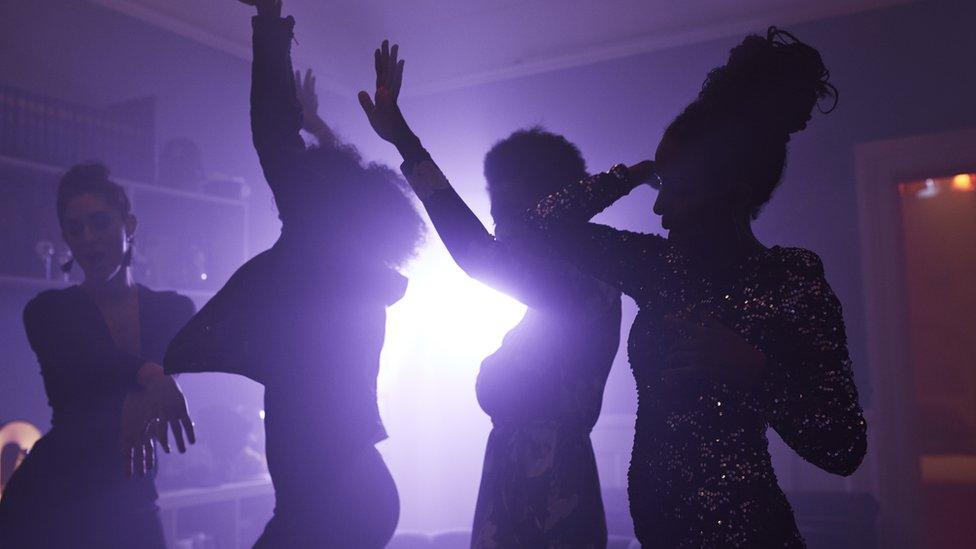Love Island contestant Sharon Gaffka leads anti drink-spiking campaign
- Published
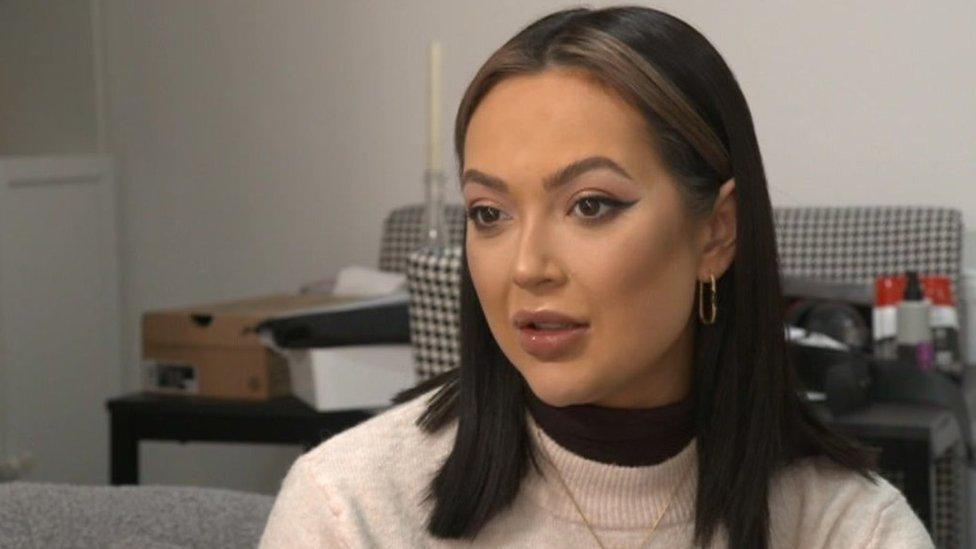
Sharon Gaffka, from Didcot, Oxfordshire, appeared on the Love Island last year
A former Love Island contestant is leading a campaign to boost awareness of the dangers of drink spiking after she was a victim herself.
Sharon Gaffka, from Didcot, Oxfordshire, appeared on the ITV show in 2021 and has been supported in her campaign by Wantage MP David Johnston.
Ms Gaffka has received 1,500 messages of support, including from police officers, and a 14-year-old victim.
She said she had also been trolled online with "sexually explicit slurs".
During a lunch in July 2020, Ms Gaffka said her friends found her unconscious in a toilet cubicle shortly after she was spiked.
She has no memory of the incident but was helped by a friend who urged paramedics to take her symptoms seriously.
'Broad daylight'
"When the paramedics arrived they said I'd been drinking too much and that I had to be taken home to sleep it off," Ms Gaffka said.
"But because my friend is a doctor, she knows me very well and she said: 'This is not normal, you need to take her and deal with it'.
"The sun had just gone down when I left hospital so the whole thing had happened in broad daylight."
Reports of drink spiking across Oxfordshire jumped from 12 in 2020 to 44 in 2021.
Allow X content?
This article contains content provided by X. We ask for your permission before anything is loaded, as they may be using cookies and other technologies. You may want to read X’s cookie policy, external and privacy policy, external before accepting. To view this content choose ‘accept and continue’.
Too much time had passed by the time Ms Gaffka had left hospital later that day for any evidence to be gathered.
But she said she wanted to help cut the stigma of people saying they had been victims of spiking.
"I've had one message telling me that I was 'begging to be spiked and I was practically wandering around begging for someone to put a pill in my drink'", she said.
"That obviously isn't true and that puts the fear into victims that it's their fault."

How to help a friend who you think has had their drink spiked
Tell a bar manager, bouncer or member of staff
Stay with them and keep talking to them
Call an ambulance if their condition deteriorates
Don't let them go home on their own
Don't let them leave the venue with someone you don't know or trust
If possible, try to prevent them drinking more alcohol as this could lead to more serious problems

She said she felt the crime would never be "completely eradicated" but that there were "proactive steps" that could be taken to "minimise the issue", especially in schools.
Ms Gaffka said it was clear from messages she had received on social media that there was a "lack of understanding" amongst some teenage boys over why putting a pill in someone's drink "isn't a joke".
The Alcohol Education Trust says hundreds of people a year, external are thought to be victims of drink spiking, where alcohol or drugs - such as tranquillisers, amphetamines or GHB, also called liquid ecstasy - are added without their knowledge.
Last March, the government announced that GHB would be upgraded from a class C to a class B drug after what Home Secretary Priti Patel called its "truly sickening" use in high-profile rape cases.
The legislation necessary to bring the upgrade into effect was laid before Parliament on the 15 December 2021, the Home Office said.
If you have been affected by the issues raised in this article, help and support can be found at BBC Action Line.

Follow BBC South on Facebook, external, Twitter, external, or Instagram, external. Send your story ideas to south.newsonline@bbc.co.uk, external.
Related topics
- Published14 January 2022
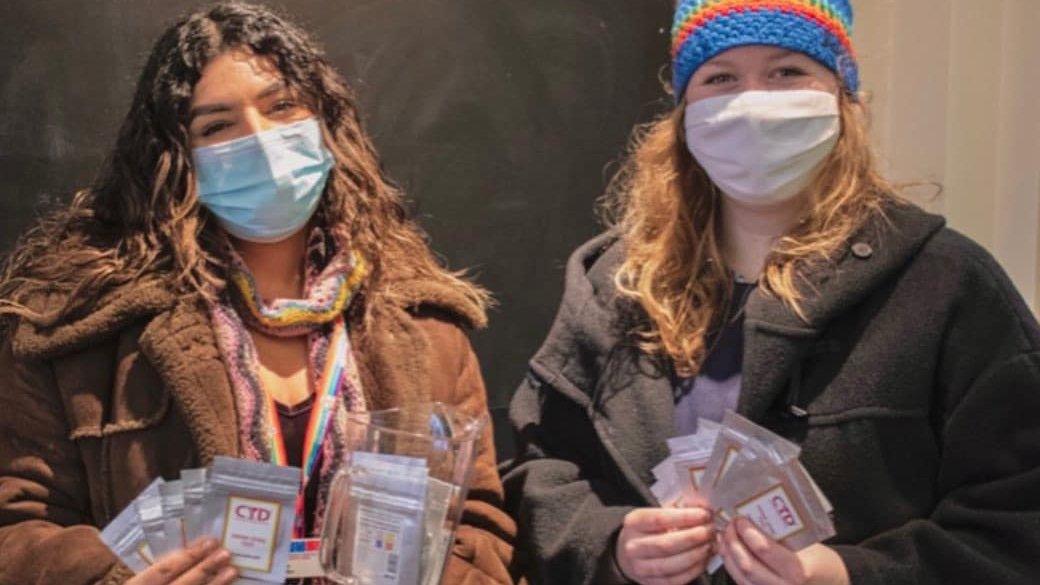
- Published22 December 2021
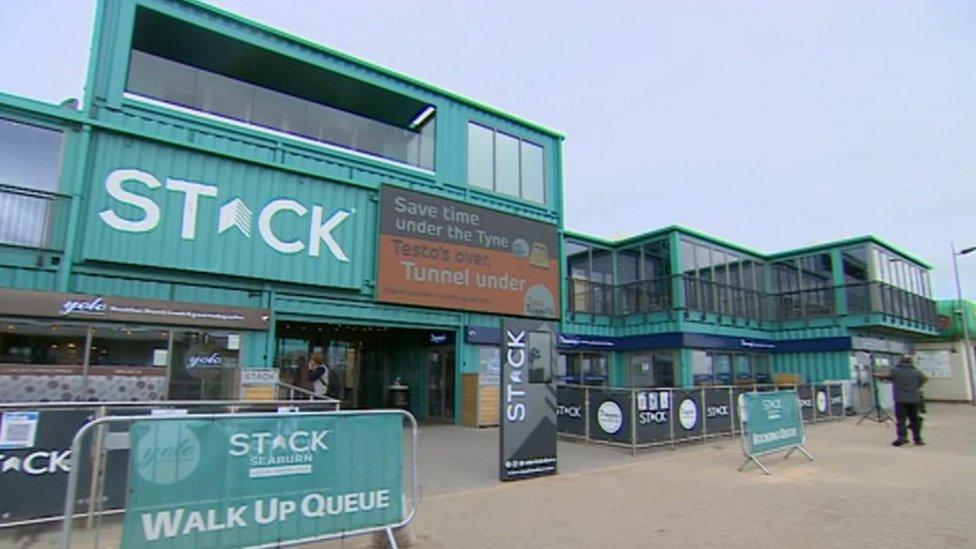
- Published3 December 2021
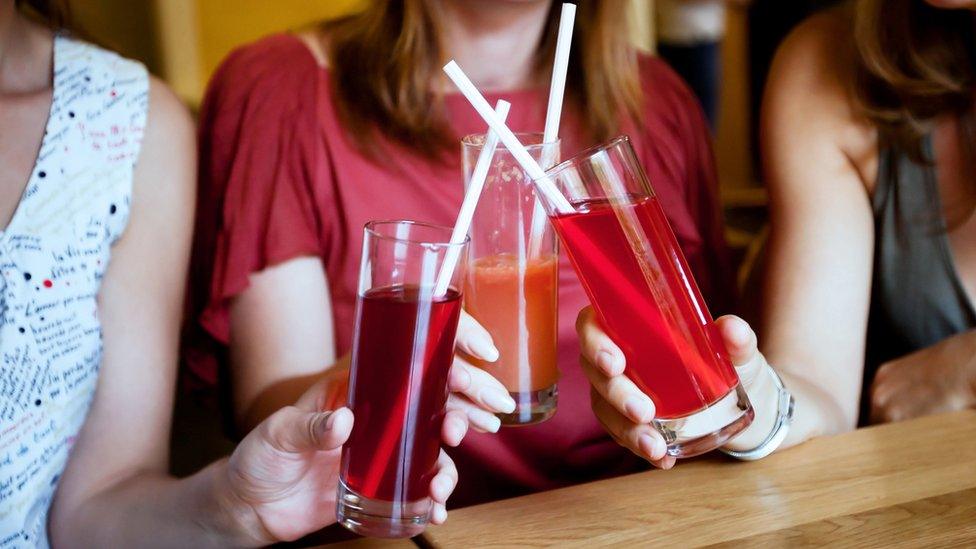
- Published12 November 2021
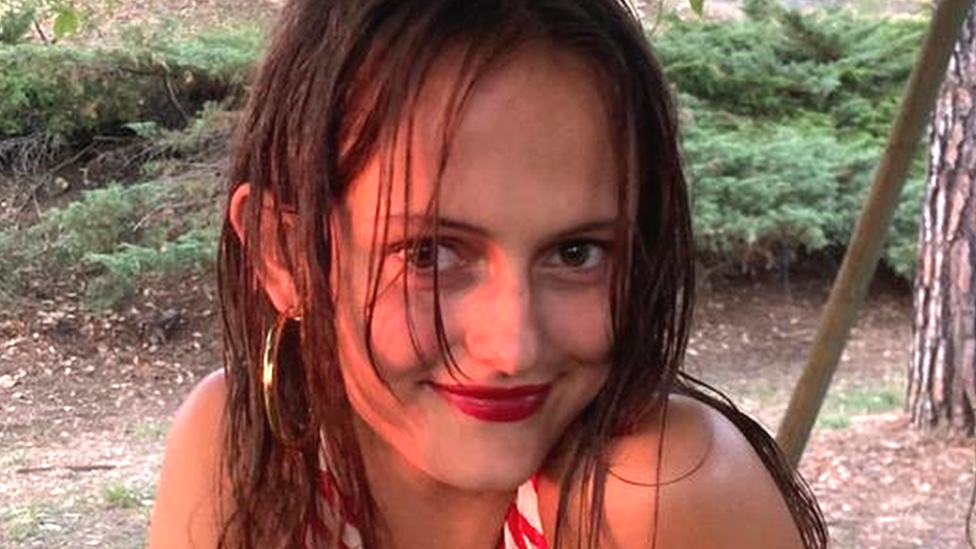
- Published22 October 2021
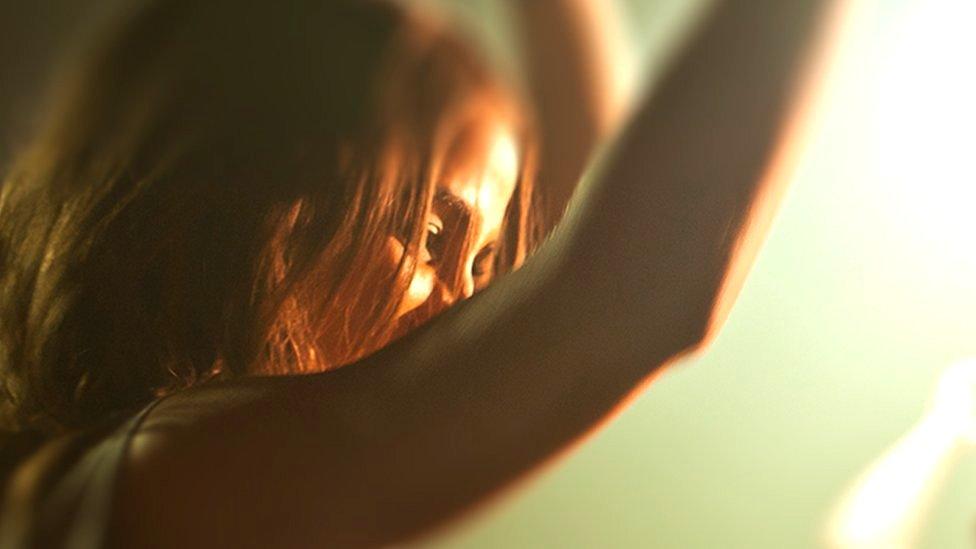
- Published15 October 2021
